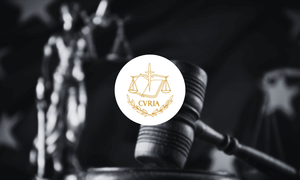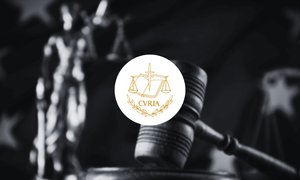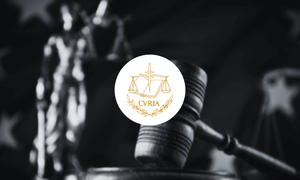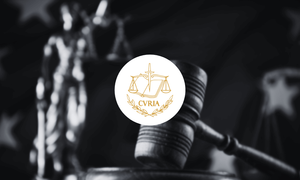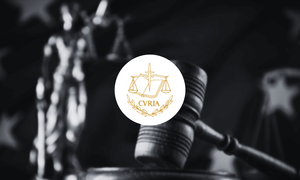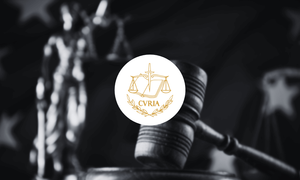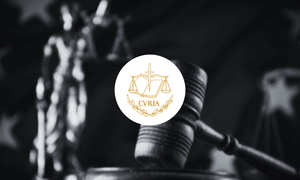
CJEU C-413/23 P EDPS v SRB (Concept of personal data) 4 Sep 2025 – Case closed!
members
–
6 min read
Pseudonymised data isn’t always personal in every case to everyone – but measures must be effective. Comments are personal by nature – no need to assess content, purpose or effects. Whether a person can be identified must be assessed from the controller’s perspective, when collecting the data.

